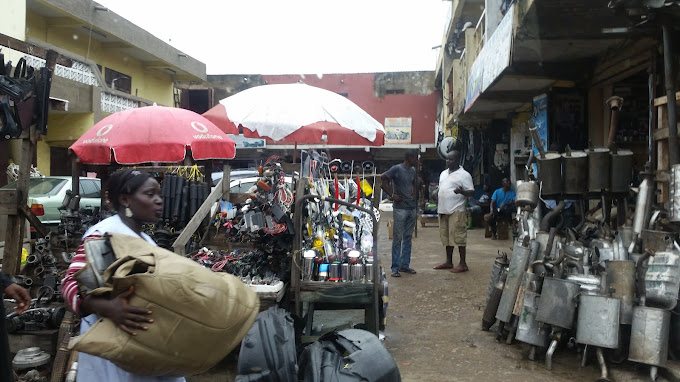Nigeria’s crude oil earnings may be under threat as the aggressive trade tariff policies of the United States disrupt global markets, undermine investor confidence, and drive down prices, a senior Nigerian oil and gas official has warned.
Addressing media in the capital Abuja on Tuesday, Farouk Ahmed, head of the Nigerian Midstream and Downstream Petroleum Regulatory Authority, raised alarm over the potential economic risks posed by the protectionist stance of U.S. President Donald Trump’s administration.
He said the ripple effects of the tariffs were already being felt by oil-dependent countries like Nigeria, which relies on crude oil exports for nearly 90 percent of its foreign exchange earnings and a significant portion of government revenue.
“The global oil market today is reacting sharply to the erratic tariff policies of the new American government. These tariffs are not only aimed at China but are sweeping across multiple countries and regions. They are unsettling the balance of demand and supply, particularly in the energy sector,” Ahmed said.
He urged global powers to exercise discretion and coordination in economic policymaking to avoid destabilizing global energy markets and harming vulnerable economies.
Ahmed said the Trump administration appeared to have intentionally pushed for lower oil prices, possibly below the 50-U.S.-dollar per barrel mark, by combining increased domestic drilling and trade pressures on global suppliers.
“There is, clearly, a policy direction from the U.S. president to push crude oil prices down. Part of that includes encouraging massive domestic exploration and placing pressure on international suppliers through tariffs and trade negotiations,” he said, noting there is unpredictability surrounding the U.S. economic direction.
He warned that Nigeria is particularly vulnerable to such price volatility, with the country’s 2025 national budget pegged to a projected oil price of 74 dollars per barrel — well above the levels that could result from continued global market disruptions.
As one of Africa’s largest oil producers, Nigeria could face serious revenue shortfalls if prices drop significantly below the benchmark, Ahmed said. He also pointed to existing domestic challenges, such as pipeline vandalism and oil theft, compounding the risks to the country’s economy. Enditem
Source: Xinhua
Share Us



